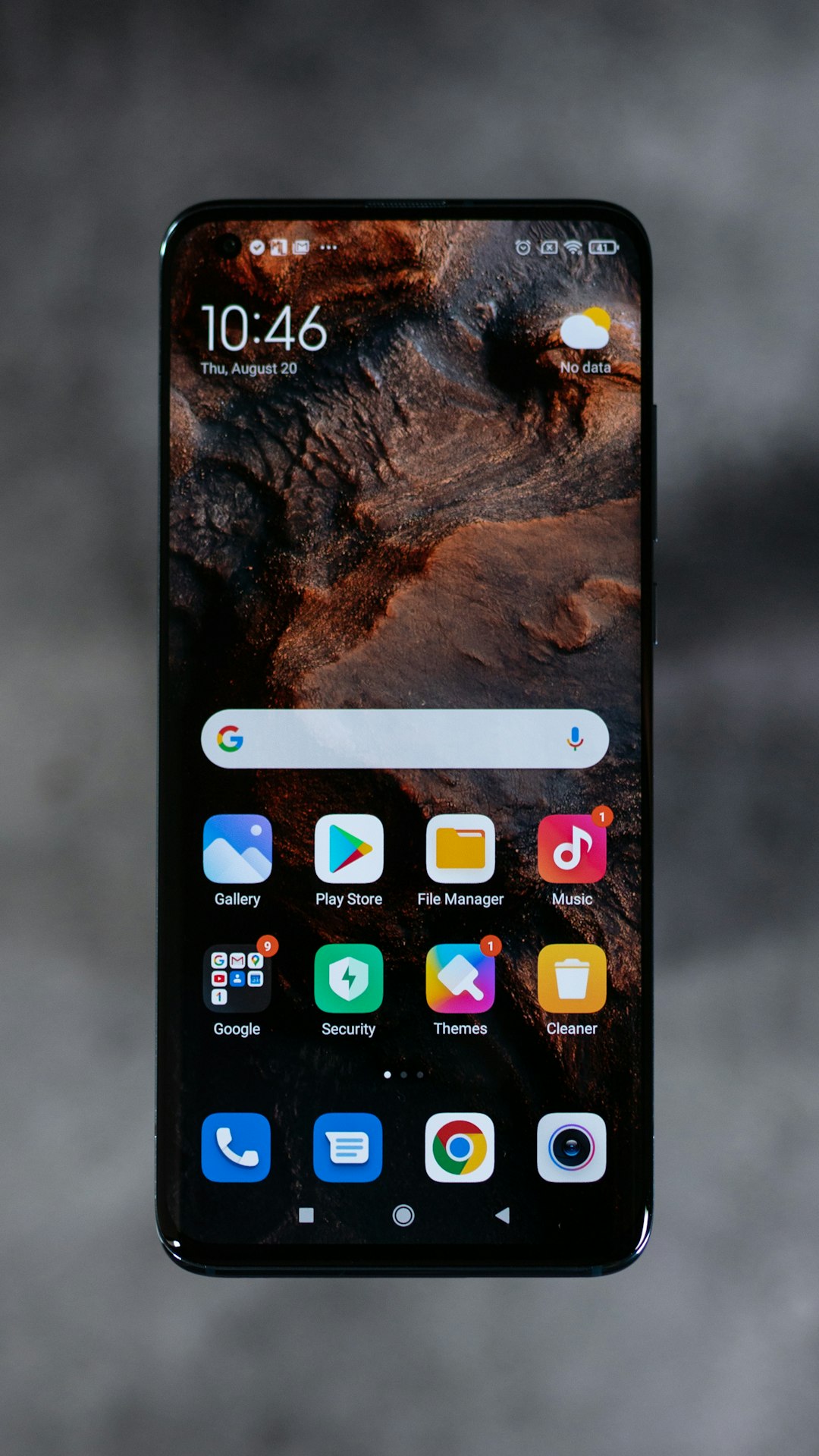In Indiana, where autodialing is widely used in telemarketing and political campaigns, ethical considerations are crucial. Autodialer lawyers and attorneys specialize in guiding businesses through legal frameworks to protect privacy and ensure consumer consent. Their expertise is vital for navigating TCPA and state laws, avoiding legal troubles, and fostering trust. These professionals offer counsel on opt-out mechanisms, data protection, and ethical marketing practices, ensuring compliance with FCC rules and state regulations. Engaging their services helps businesses maintain high standards, avoid penalties, and build customer trust in the dynamic landscape of autodialing technologies.
In the dynamic landscape of modern marketing, autodialing has emerged as a powerful tool for businesses in Indiana. However, its effectiveness is tethered to ethical considerations that often go overlooked. This article delves into the intricate world of autodialing, exploring its impact on consumers and the legal framework surrounding it in Indiana. We also highlight the pivotal role an autodialer lawyer plays in navigating these ethical quagmires and provide best practices for maintaining ethical standards. For businesses seeking guidance from an autodialer attorney in Indiana or looking to understand the autodialer law, this is a crucial read.
Understanding Autodialing and Its Impact in Indiana

In Indiana, autodialing has become a common practice in various industries, from telemarketing to political campaigning. This technology involves automated phone calls, allowing businesses and organizations to reach a large number of potential customers or voters efficiently. However, with great power comes significant responsibility, especially when considering the ethical implications of autodialing practices. An autodialer lawyer Indiana professionals emphasize that while this method offers numerous advantages, it can also lead to privacy concerns and consumer frustration if not implemented ethically.
With just a few clicks, an autodialer attorney Indiana can automate calls to hundreds or even thousands of numbers, making mass communication a breeze. Yet, it’s crucial for autodialer law firms Indiana to educate businesses about the do’s and don’ts of this technology. For instance, Indiana’s laws regarding telemarketing practices, including autodialing, aim to protect residents from unwanted calls while ensuring fair business operations. Autodialer lawyers Indiana play a vital role in guiding companies through these legal frameworks, helping them navigate the complex landscape of consumer protection regulations. They ensure that organizations use autodialers responsibly, respecting individual privacy and consent, thereby fostering trust with their clients and customers alike.
Ethical Dilemmas Arising from Autodialer Usage

The widespread adoption of autodialing technologies has introduced a new set of ethical dilemmas for businesses and consumers alike. One of the primary concerns is the potential invasion of privacy, as these systems can make countless calls in a short period, often without explicit consent. This raises questions about the legality and morality of unsolicited contact, particularly when personal information is obtained through dubious means. In Indiana, where autodialer laws are stringent, companies must ensure their practices adhere to strict guidelines to avoid legal repercussions. An autodialer lawyer in Indiana can guide businesses on navigating these complex regulations.
Additionally, there’s the risk of misdirection and deception. Autodialers, if not programmed responsibly, can deliver misleading or fraudulent messages, posing as genuine calls from reputable sources. This practice, known as “spoofing,” is illegal and unethical, leading to consumer confusion and potential financial harm. As such, it’s crucial for autodialer attorneys in Indiana to emphasize the importance of transparency and accurate representation in marketing campaigns that utilize this technology.
Legal Framework Governing Autodialers in Indiana

In Indiana, the use of autodialers is regulated by a comprehensive legal framework designed to protect consumers and ensure fair business practices. The state’s laws specifically address automated telephone dialing systems (ATDS), commonly known as autodialers, to prevent unwanted telemarketing calls. An autodialer lawyer in Indiana or an attorney specializing in this area can guide businesses on navigating these regulations.
Businesses employing autodialers must comply with the Telephone Consumer Protection Act (TCPA) and related state laws. These regulations prohibit the use of ATDS for certain purposes without prior express consent from recipients. This includes restrictions on making automated calls for telemarketing or advertising purposes, as well as requirements for opt-out mechanisms. The TCPA gives consumers the right to sue for damages when they receive unauthorized autodialed calls, emphasizing the need for businesses in Indiana to have a clear understanding of these legal constraints and seek counsel from autodialer attorneys to ensure compliance.
The Role of an Autodialer Attorney in Navigating Ethics

In the realm of autodialing practices, an autodialer attorney in Indiana plays a pivotal role in navigating the complex landscape of ethics. With the rapid advancement of technology and the ever-evolving legal framework, it’s essential to have legal expertise that understands both the technical aspects of autodialing systems and the intricacies of ethical considerations. An autodialer lawyer Indiana ensures that businesses operating within this space comply with relevant laws, such as those governing privacy rights, consumer consent, and data protection.
An autodialer attorney Indiana from a reputable law firm like [Law Firm Name] guides clients through the labyrinthine regulations to ensure their practices are not just legal but also ethical. They help craft policies that respect consumer choices while leveraging the benefits of autodialing technologies. By engaging the services of an autodialer lawyer Indiana, businesses can foster trust with their customers and navigate the ever-changing legal and ethical environment with confidence, ensuring they remain compliant and avoid costly penalties.
Best Practices for Maintaining Ethical Standards in Autodialing

Maintaining ethical standards in autodialing practices is paramount to ensuring consumer protection and preserving trust in marketing efforts. Best practices include obtaining explicit consent from recipients before initiating calls, providing a clear opt-out mechanism during each interaction, and respecting do-not-call registries. Transparency is key; companies should disclose the use of an autodialer at the outset, avoiding deceptive practices that mislead consumers about the nature of the call. Regular training for employees involved in autodialing operations is essential to ensure they understand and adhere to these ethical guidelines.
Compliance with relevant laws and regulations, such as those enforced by the Federal Communications Commission (FCC) or state-specific rules, is crucial. Engaging the services of an experienced autodialer lawyer Indiana professionals can help businesses navigate this complex landscape. Reputable autodialer law firms Indiana offer specialized knowledge to ensure operations comply with legal requirements, minimizing the risk of costly penalties and reputational damage. By adopting these best practices and seeking guidance from reputable attorneys, companies can maintain high ethical standards in their autodialing practices.






